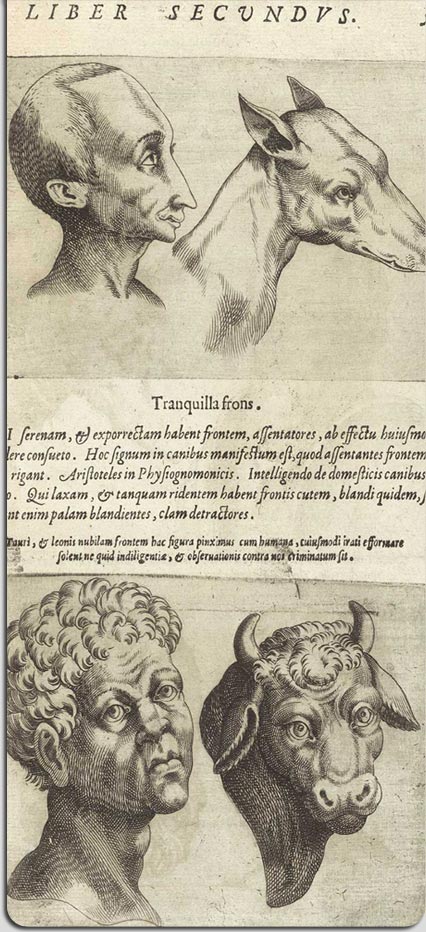Humbling Medicine
The Zetia/cholesterol bit from last month and the tight glucose control deaths stuff has made me take a skeptical look… at medicine itself.
The old adage is “trust no one” in medicine, but sometimes, I think, maybe we should apply that to medicine itself. It’s certainly humbling to realize that what we hypothesize to be true and what seems to make sense to us, even from a physiologic theory, and even with supporting data, might not necessarily be true. It’s an important reminder–to both physicians and patients–that we’re all unfortunately human. That we don’t have all the answers, that even with the best of intentions–and best of knowledge–we can be wrong. After all, what is medicine but humans trying to understand, grasp, and alter insanely complex biological systems that have been under development for hundreds of millions of years? We set limits, values, and numbers to help us decide “what’s normal” and “what’s disease,” but in reality, they’re gross, gross simplifications we accept so that we can triage, differentiate, and make sense of what’s going on inside that black box that is the patient’s body.
It doesn’t mean that there are no absolutes, or that medicine or science is flawed more than anything else is flawed, or that there are not facts. Just that the physician who thinks he is always correct and is master of the human body is doomed to fail and do harm. I tie it back to this great quote from MedRants about unintended consequences:
The law of unintended consequences is what happens when a simple system tries to regulate a complex system. The political system is simple, it operates with limited information (rational ignorance), short time horizons, low feedback, and poor and misaligned incentives. Society in contrast is a complex, evolving, high-feedback, incentive-driven system. When a simple system tries to regulate a complex system you often get unintended consequences.
